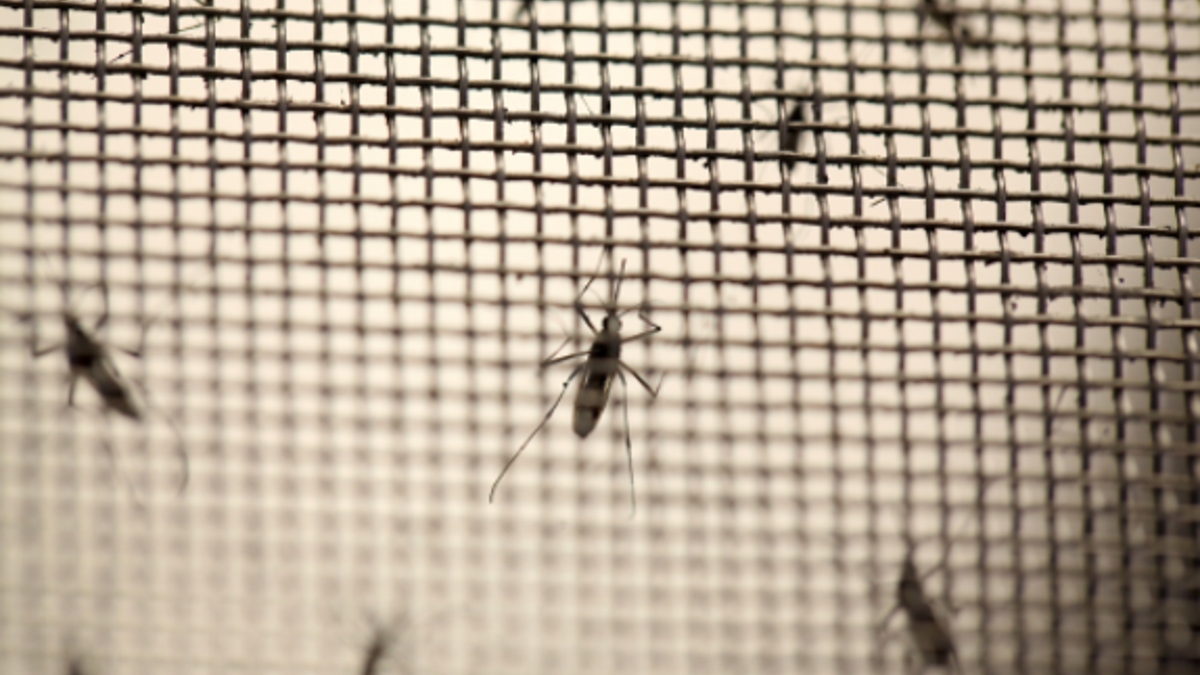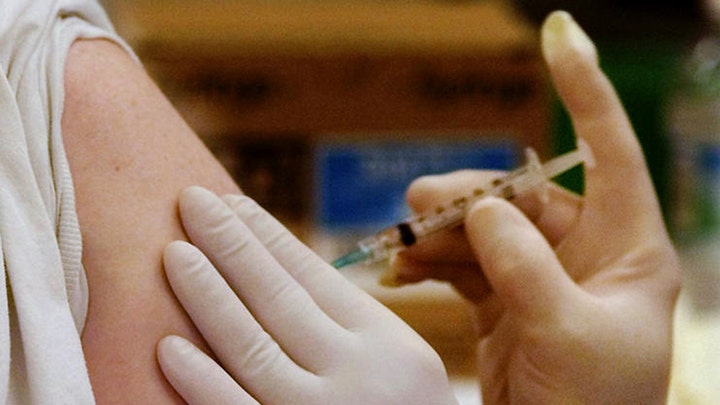
Dengue vaccinations in the Philippines have halted after the manufacturer said an analysis found the vaccine may worse the outbreak in those infected. (REUTERS/Alvin Baez)
Hundreds of thousands of children in the Philippines have been given a dengue vaccine which may worsen the outbreak, officials warned, as they halted the program late last week.
The vaccine, Dengvaxia, has been administered to more than 730,000 public school children aged 9 and older in three endemic regions of the Philippines.
France-based manufacturer Sanofi Pasteur said that an analysis of the drug based on six years of clinal data showed that in the longer term, more cases of severe dengue could occur in those who have been vaccinated with the drug among people who have not previously been infected with dengue.
Sanofi said it would ask health officials to update information provided to physicians and patients.
WHY MOSQUITOES ARE CONSIDERED A WORLDWIDE THREAT
Dengue, according to the World Health Organization, is a mosquito-borne “pandemic-prone viral disease” which causes severe flu-like symptoms. In severe cases, dengue can cause breathing problems, hemorrhaging and organ failure.
About half the world's population is at risk of dengue and, according to WHO, about 96 million people are sickened by the viral infection every year.
The Philippines’ Department of Health launched the $69.5 million public dengue immunization drive last year – the world’s first such program.
Sanofi had previously referred to the drug as “critical” in the fight against dengue, Sky News reported.
Health Secretary Francisco Duque III said further information would be released on Dec. 12 or 13 by the WHO advisory body, Strategic Advisory Group of Experts on Immunization.
US-MADE DENGUE VACCINE 100 PERCENT EFFECTIVE IN SMALL STUDY
The secretary said there haven’t been any reports of severe dengue infection among those vaccinated, and he noted that the government would profile all those who received the vaccination and heighten its surveillance mechanisms. That would include mandatory reporting of all hospitalized vaccine recipients, regardless of symptoms, and five years of post-vaccination surveillance.
The Associated Press contributed to this report.

